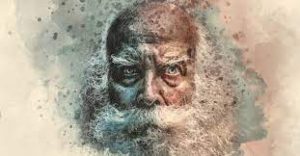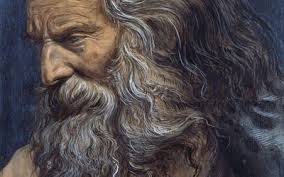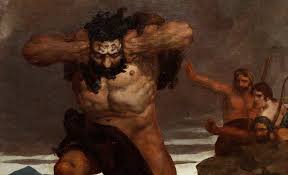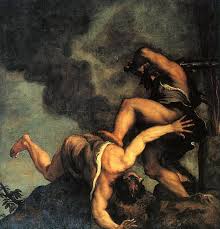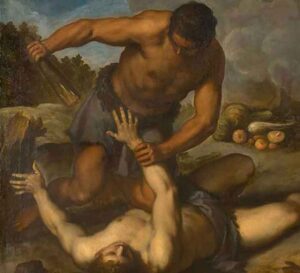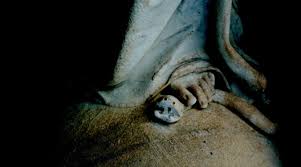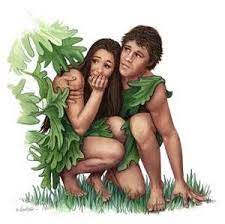Br – When Enosh Had Lived 90 Years, He Became the Father of Kenan 5: 9-11
When Enosh Had Lived 90 Years,
He Became the Father of Kenan
5: 9-11
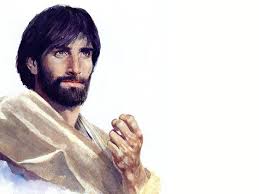
Enosh is the third generation and means human frailty. The names in this line are a reminder that human history is not necessarily to be judged by the famous names that everyone knows. The politicians, movie stars, recording artists, or sports stars do not set the bar for the real heroes in society. The best part of human history is never written at all. Family life, patient service, quiet endurance, the training of children, the resistance to temptation; these things are never mentioned by the historian.94 We don’t know much of anything about Enosh but when he had lived 90 years, he became the father of Kenan. And after he became the father of Kenan, Enosh lived 815 years and had other sons and daughters. Altogether, Enosh lived 905 years, and then he died



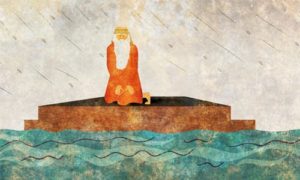
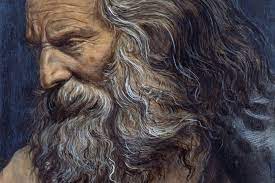
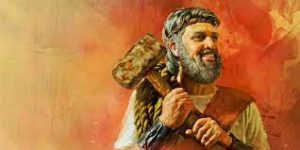
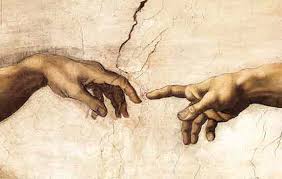 When God created (Hebrew: bara) man out of nothing, He made him in the likeness of God (5:1). Both of these words take us back to day six of the creation account where God created man in His own image (1:27a). Or as it says here: He made him in the likeness of God. This written account is concerned with the passing down of the likeness of God through ten generations. He created them male and female and blessed them (5:2a). God’s blessing of His image at creation cannot be missed: male and female He created them, and God blessed them (1:27b-28a). But with that in mind, the rest of chapter five traces the result of sin, which is death – physical death and spiritual death.
When God created (Hebrew: bara) man out of nothing, He made him in the likeness of God (5:1). Both of these words take us back to day six of the creation account where God created man in His own image (1:27a). Or as it says here: He made him in the likeness of God. This written account is concerned with the passing down of the likeness of God through ten generations. He created them male and female and blessed them (5:2a). God’s blessing of His image at creation cannot be missed: male and female He created them, and God blessed them (1:27b-28a). But with that in mind, the rest of chapter five traces the result of sin, which is death – physical death and spiritual death.